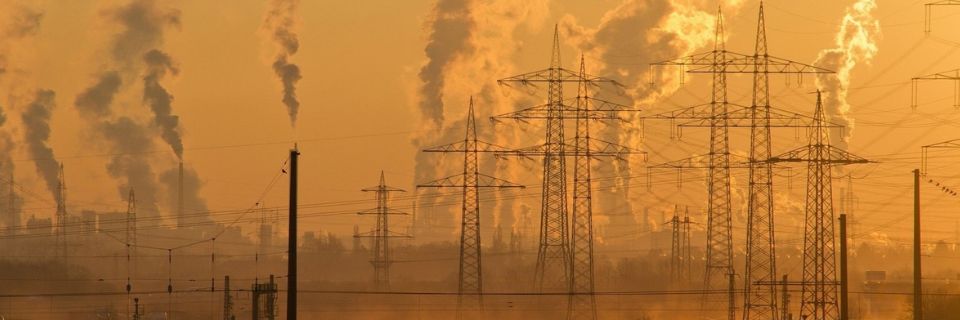
About this subject
Perhaps the greatest challenge facing humankind is anthropogenic climate change, the rapid warming of the earth’s temperature driven by the consumption of fossil-fuels and emission of greenhouse gases into the atmosphere. In this course you will investigate the political challenges and economic consequences of both action and inaction on climate change, utilising case studies on a local, national, and international scale.
The course begins with an introduction to the principles of environmental sustainability, exploring some of the legal, regulatory, and economic changes needed for a low carbon and socially equitable transition. You will progress to an in-depth examination of environmental policy and governance, investigating the dynamics and processes shaping global environmental politics today. An important aspect of climate change is that some of those least responsible for emissions are likely to suffer the greatest impact from rising temperatures, and in the final part of the course we will consider global warming and climate change in terms of social justice, human rights, and intergenerational equity, asking how we can achieve a 'just transition' to a decarbonised world.
This varied and interdisciplinary course will provide you with a deep understanding of this vitally important global challenge.
Philosophy, Politics, and Economics (PPE) is a combined interdisciplinary area of study which has been taught at the University of Oxford since the early 20th century to equip students with the breadth of expertise required to understand and influence the world around us.
Please click below to download the formal Course Outline:
Learning outcomes
By the end of this course, you will:
- Be able to demonstrate knowledge and understanding of the fields of climate ethics and environmental justice.
- Be able to demonstrate knowledge and understanding of the economics impacts of both action and inaction on climate change.
- Be able to engage critically with a range of local, national, and international policy initiative to address climate change.
Who is this course suitable for?
This course would suit students in Social Sciences and the Humanities, especially those with a background in Politics, Philosophy, Economics, Development Studies, Human Geography, or International Relations.
Dates and availability
Available as a Residential or Online course on the following date:
Session 2: 15th July to 2nd August 2024
Get in touch
If you have any questions, or would like to know more, please get in touch via the link below.